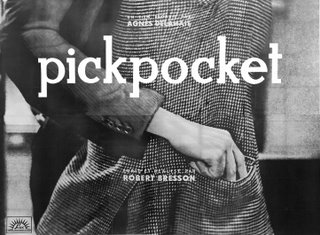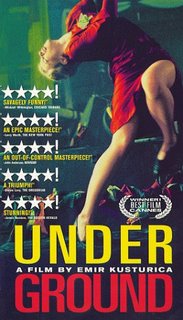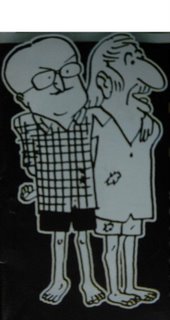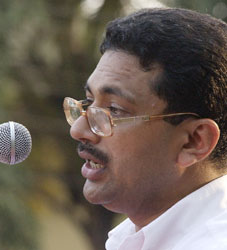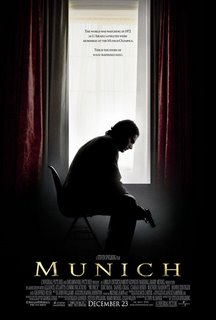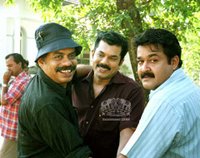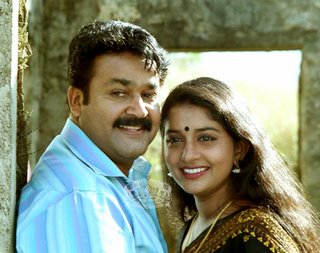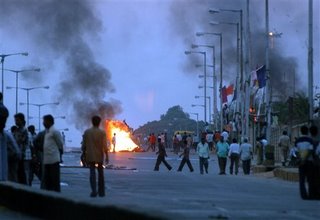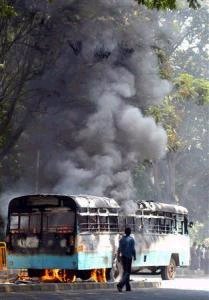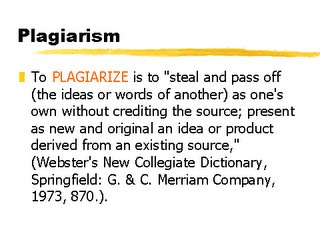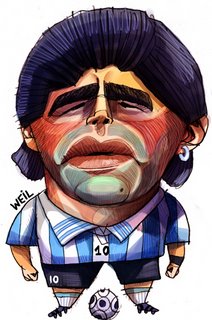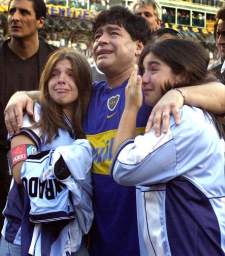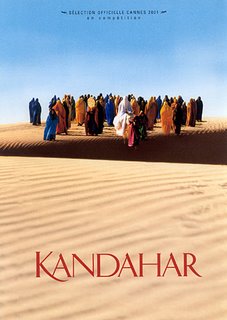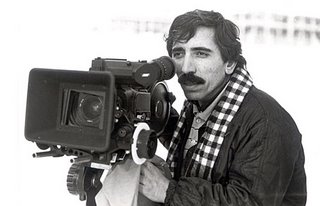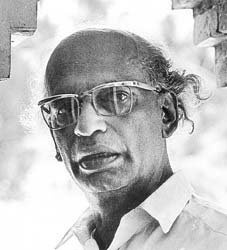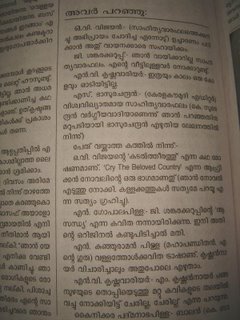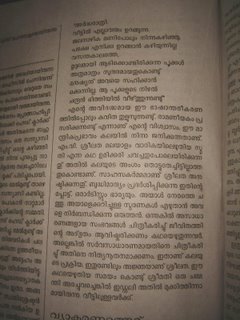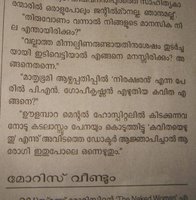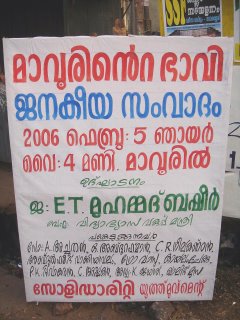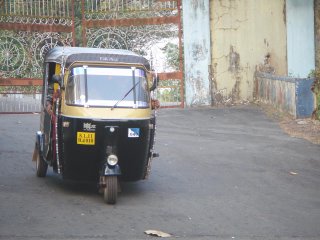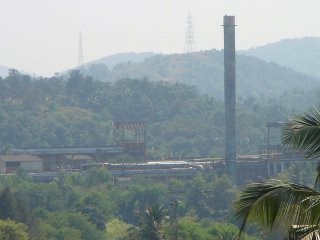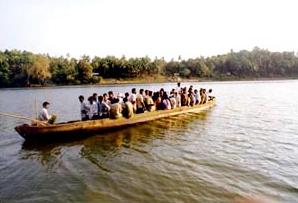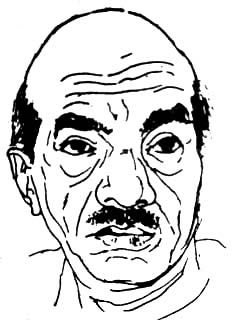(a beautiful article written by our "Diversity Director". Reproduced here without his permission by a fellow "walker"...)"He who sits still in a house all the time may be the greatest vagrant of all; but the saunterer, in the good sense, is no more vagrant than the meandering river, which is all the while sedulously seeking the shortest course to the sea. For every walk is a crusade!" - Henry David Thoreau I'm a walker. I do between 20 and 30 miles a week now. Walking is therapeutic, plus there's ample enough evidence of its cardiovascular benefits. It's also a great time for vigorous mental "workouts," soul-searching and nature (and people) watching. When you're out there alone you belong exclusively to yourself, hemmed in by your memories, your imagination, the sounds of the

wind, birds chirping and an occasional yapping dog.
The very act of walking is steeped in historical tradition. For centuries people walked, many for social justice. In her book,
Alter Your Life, Kathleen Hall devotes an entire chapter to a few historical anecdotes of great people walking. "Buddha spent his life walking from village to village," Hall writes. "And Susan B. Anthony spent her entire life walking so that women could participate in the democratic process through voting." Dr. Martin Luther King, Jr. was renowned for the marches he led. And pilgrimages are part of many spiritual traditions, Hall points out.
More contemporarily, many people walk as a sign of unity, or to make political or social statements. I recall with lots of pride participating in a "walk against hate" with members of the local Muslim community months after Sept. 11. Many walk to raise funds for Juvenile Diabetes and other worthy causes. In short, walking serves many purposes.
In many ways, walking provides a perfect opportunity to observe "diversity in motion," to peer into the inner sanctums of how people experience and behave in the world we live in. Plus, walking sometimes presents unexpected opportunities to do a bit of good for others.
For example, on last Thanksgiving Day I had an incredible experience while out walking; one that I would have missed had I remained ensconced in my favorite living room chair. You see, I happened across a lost wallet that morning, one stuffed with credit cards, cash and — more important to the owner, I suspect — some irreplaceable family photos.
Later, at the neighborhood Starbucks, I had the exhilarating pleasure of calling the wallet's owner to tell him the good news. He was elated. For me that experience was sweeter than the strawberry cheesecake I had later that day. Thus, walking sometimes offers up unexpected opportunities to do good deeds.
Notice life's contrastsWalking can bring us face to face with types of social contrasts which may cause us to bump up against our comfort zones. Recently, for example, I observed an immaculate golf course on one side of the road and, on the other, an unkempt pasture, littered with weeks-old newspapers and other trash. A construction crew had just begun work on the latter side. The "temporarily tanned" inhabitants on the golf course swung golf clubs, while the "permanently tanned" ones across the street swung picks and shovels. I was fascinated by how they seemed to render the other invisible by avoiding, unconsciously perhaps, direct eye contact with "those people" across the street. When you walk you notice the little things, the subtleties, the contrasts.
Farther down the road, more litter. Candy and cigarette wrappers and lots of empty beer bottles. Against better judgment, I picked up one of those beer bottles. I couldn't help but form a mental image of the person in whose body the contents of that bottle ended up, and how carelessly they tossed it out the window. My thoughts then shifted to the image and the lives of those who must pick up all that trash, by avocation or for reasons of sheer inconvenience.
How interesting it would be, I thought, for the trash "tossers" and trash "retrievers" to meet face to face over a cup of coffee — not beer — for a rational discussion of their bipolar roles in "litter management." When you walk, you imagine all kinds of possibilities.
With dusk quickly settling in around me, I decided to shortcut it across the nearby Target store parking lot to save a little time. But it didn't take long for me to notice the many empty shopping carts strewn across the lot, not a single one that far from nearby return stations.
I stopped, stared and touched one particular cart while asking myself what manner of man, or woman, would deny that cart its rightful place next to its brethren in the return station less than 20 yards away? And who is this person who cheated himself out of a small opportunity for exercise? When you walk you can't help but question human motives.
Heavy traffic on diversity highwayWith a mile to go I came upon an intersection and a buildup of traffic where many different makes and sizes of vehicles converged. I got to thinking about how the diversity "highway" has gotten pretty cluttered as well these days, with the incredible blend of cultures, generations, religions, languages and ethnicities; a sometimes combustible mix leading to a diversity "fender bender" or bout of "road rage" every now and then.
The closer I got to the intersection, my imagination put me in the front seat next to the nameless occupants in those cars, trucks, SUVs and motorcycles. Who are they and what's on their experience "odometers," I wondered. What's locked away in their trunk that's valuable, untapped and underutilized? When you walk, your imagination takes you all over the place.
So the next time someone tells you to "go take a hike," hey, take them up on it. There are no traffic jams. Elevators, escalators and stairwells are nonexistent. A bottle of water will suffice for gasoline at 2 bucks a gallon. You'll think about and notice things you've never thought about or noticed before. Your diversity IQ will expand. And you just may stumble across an opportunity to do something extra special for someone during one of those treks.
And in the end, your family physician, along with those in your organization charged with monitoring benefit costs, will be elated with the new and healthier you. Oops, there it is in preceding line ... the most compelling reason yet supporting the business case for taking a stroll!
Now, go take a hike!
 റെയില്പാതയുടെ ഓരത്തു കൂടി അയാള് നടന്നു. പാത വന്നതില് പിന്നെ അയാള്ക്കു എറ്റവും പ്രിയപ്പെട്ടതാണു രാവിലെയും വൈകുന്നേരവും ഉള്ള ഈ നടപ്പ്. പാതവക്കില് ആരൊക്കെയോ ചീട്ടു കളിക്കുന്നുണ്ടായിരുന്നു. അയാള് അല്പനേരം കളി നോക്കിയിരുന്നു. പോകണം. നേരം ഇരുട്ടി വരുന്നു. അവന് എത്തുന്നതിനു മുന്പു സ്റ്റേഷന് കടക്കണം. അയാള് വേഗം നടന്നു. സ്റ്റേഷനിലെ ട്യുബ്-ലൈറ്റ് അങ്ങു ദൂരെ കാണാം. ദൂരെ നിന്നും ചൂളം വിളി കേട്ടു തുടങ്ങി. അവനിങ്ങു എത്തി കഴിഞ്ഞു. ഇന്നു നേരത്തെയാണല്ലോ. അയാള് നടത്തതിനു വേഗത കൂട്ടി. അധികം സമയം വേണ്ടി വന്നില്ല. എന്നത്തേയും പോലെ ദിവാന്ഖാവടിയെ ഒരു പുച്ഛത്തോടെ അവഗണിച്ചു, ചൂളം വിളിച്ചു അവന് കടന്നു പോയി.
റെയില്പാതയുടെ ഓരത്തു കൂടി അയാള് നടന്നു. പാത വന്നതില് പിന്നെ അയാള്ക്കു എറ്റവും പ്രിയപ്പെട്ടതാണു രാവിലെയും വൈകുന്നേരവും ഉള്ള ഈ നടപ്പ്. പാതവക്കില് ആരൊക്കെയോ ചീട്ടു കളിക്കുന്നുണ്ടായിരുന്നു. അയാള് അല്പനേരം കളി നോക്കിയിരുന്നു. പോകണം. നേരം ഇരുട്ടി വരുന്നു. അവന് എത്തുന്നതിനു മുന്പു സ്റ്റേഷന് കടക്കണം. അയാള് വേഗം നടന്നു. സ്റ്റേഷനിലെ ട്യുബ്-ലൈറ്റ് അങ്ങു ദൂരെ കാണാം. ദൂരെ നിന്നും ചൂളം വിളി കേട്ടു തുടങ്ങി. അവനിങ്ങു എത്തി കഴിഞ്ഞു. ഇന്നു നേരത്തെയാണല്ലോ. അയാള് നടത്തതിനു വേഗത കൂട്ടി. അധികം സമയം വേണ്ടി വന്നില്ല. എന്നത്തേയും പോലെ ദിവാന്ഖാവടിയെ ഒരു പുച്ഛത്തോടെ അവഗണിച്ചു, ചൂളം വിളിച്ചു അവന് കടന്നു പോയി.


